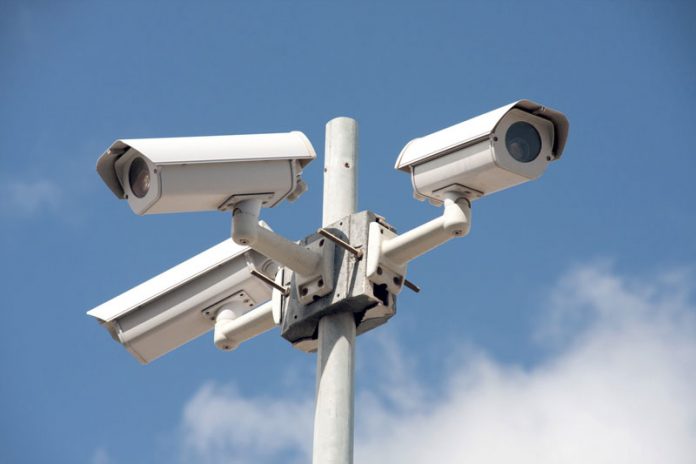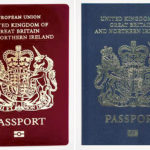
If you’ve ever had the feeling that someone is watching you, you could be right, at least in the UK. A freedom of information request by the Liberal Democrats has revealed that almost 200 local authorities have used private detectives, secret listening devices and cameras to spy on ordinary people.
The councils were using (abusing?) the Regulation of Investigatory Powers Act (Ripa), which the government had promised would be used to protect us from extremist threats. But busy-body, interfering and overzealous council officials have deployed covert surveillance for a raft of trivial issues instead. Among them are the targeting of dog fouling enforcement, monitoring fly tipping and spying on people feeding pigeons and walking dogs.
The Home Office insisted it grants permissions for covert surveillance after a rigorous authorisation procedure. One example that passed this ‘robust’ screening was a move to protect society from such major threats as the selling of cigarettes to underage teenagers and counterfeit goods being sold at car boot sales. Local authorities serve no law enforcement function, yet in many cases they have been acting as an extension of the police.
Apparently, the law has changed recently so that Ripa can only now be used if criminal activity is suspected, but I’m not convinced that councils won’t try to wheedle their way around it. And if we pull out of the European Convention on Human Rights because of Brexit, I fear the snooping will become even more widespread.























